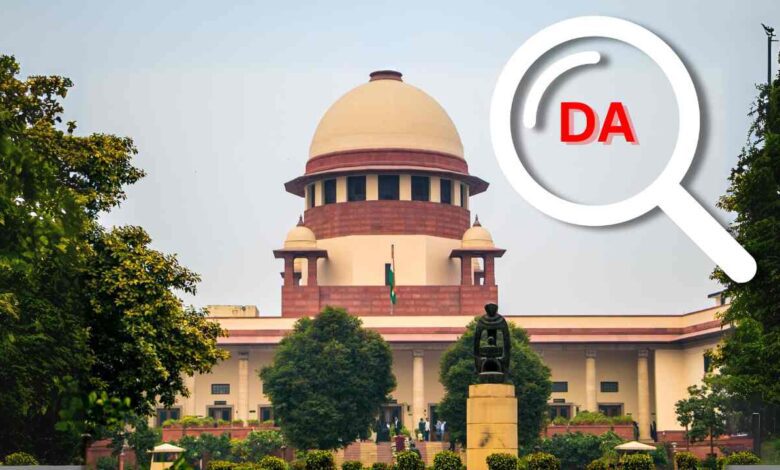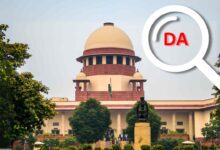DA Case: Chief Justice’s Permission Required for Hearing! State Submits 62-Page Written Response

DA Case: The Dearness Allowance (DA) case is once again a topic of discussion, with excitement building around the Supreme Court’s latest hearing date and the state’s newly submitted 62-page document. This case is crucial for government employees, as their receipt of dearness allowance depends on its verdict. Let’s delve into the latest situation of the case and the state’s arguments in detail.
Next Hearing on September 8, 2025
According to the Supreme Court’s order from September 1, the next hearing for the DA case is scheduled for 2 PM on September 8, 2025. However, this hearing will require special permission from the Chief Justice. This is because the cause list for September 8 has not yet been published, and this prior permission has been sought to ensure the hearing can take place at the scheduled time in the bench of Justice Sanjay Karol and Justice Prashant Kumar Mishra. This will prevent any other case from being registered for that court on September 8, thus ensuring the DA case hearing proceeds as planned.
The State’s 62-Page Written Argument
On behalf of the state, lawyer Kapil Sibal has submitted a 62-page written argument, clarifying the state’s position primarily in two chapters.
Chapter One: Federal Structure and DA Obligation
In this chapter, the state government argues that under India’s federal structure, it is not legally or constitutionally obligated to provide DA at the central government’s rate. According to the state, neither the Calcutta High Court nor the tribunal has ordered the state to apply the central government’s formula. Therefore, the state has the right to determine DA according to its own financial situation.
Chapter Two: Pan-India Impact
The state argues that nearly 50% of the states in India do not provide DA at the central rate. If the Supreme Court orders the payment of DA at the central rate, it will affect not only West Bengal but also the other states. By highlighting this issue, the state wants to convey that this is not a problem for West Bengal alone, but a nationwide matter.
These arguments from the state will be presented at the hearing on September 8, and counter-arguments will be made by the lawyers of various employee organizations. It now remains to be seen which way the Supreme Court will rule and what the future holds for the government employees.

